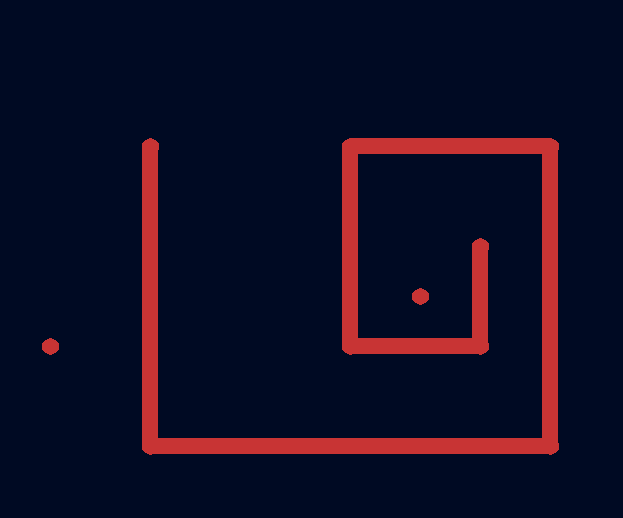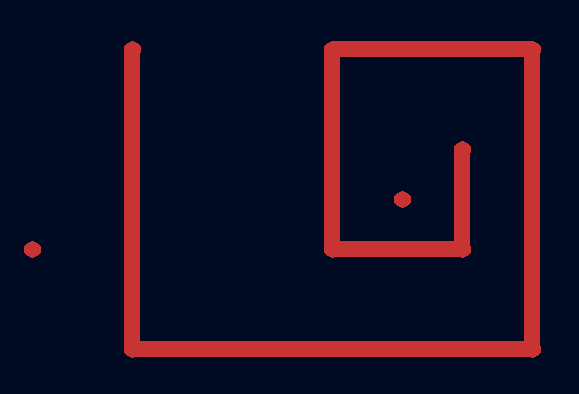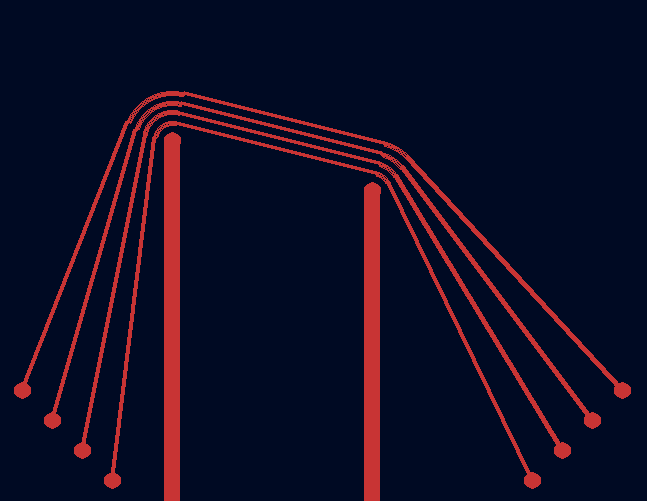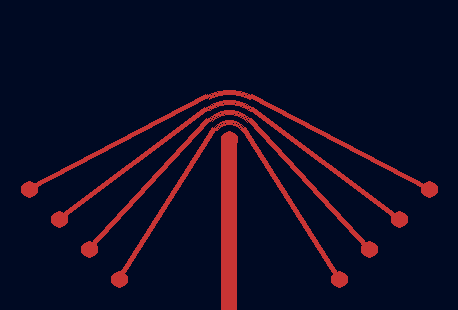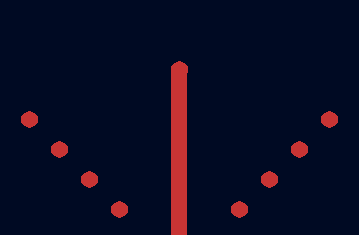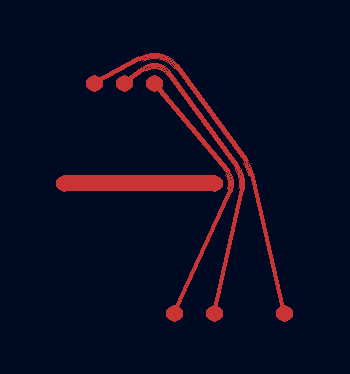mirror of https://codeberg.org/topola/topola.git
|
|
||
|---|---|---|
| .githooks | ||
| assets | ||
| src | ||
| tests/data | ||
| vendored/contracts | ||
| .gitignore | ||
| CONTRIBUTING.md | ||
| Cargo.toml | ||
| LICENSE | ||
| README.md | ||
| index.html | ||
README.md
Topola
Work-in-progress interactive topological router in Rust.
The project is funded by the NLnet Foundation through the NGI0 Entrust fund.

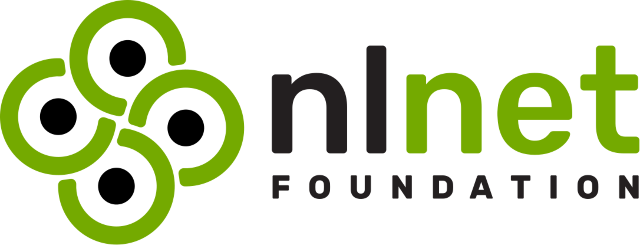
Chat
Join the official Matrix chatroom or IRC channel to talk with the developers. Both chatrooms are bridged, so it does not matter which one you join.
Contributing
Anyone can contribute to Topola, including you. If you want to help us out, please follow our Contribution guide.
Our official repository is on Codeberg. We also have a mirror repository on GitHub.
Licence
Topola is licensed under the MIT licence.
